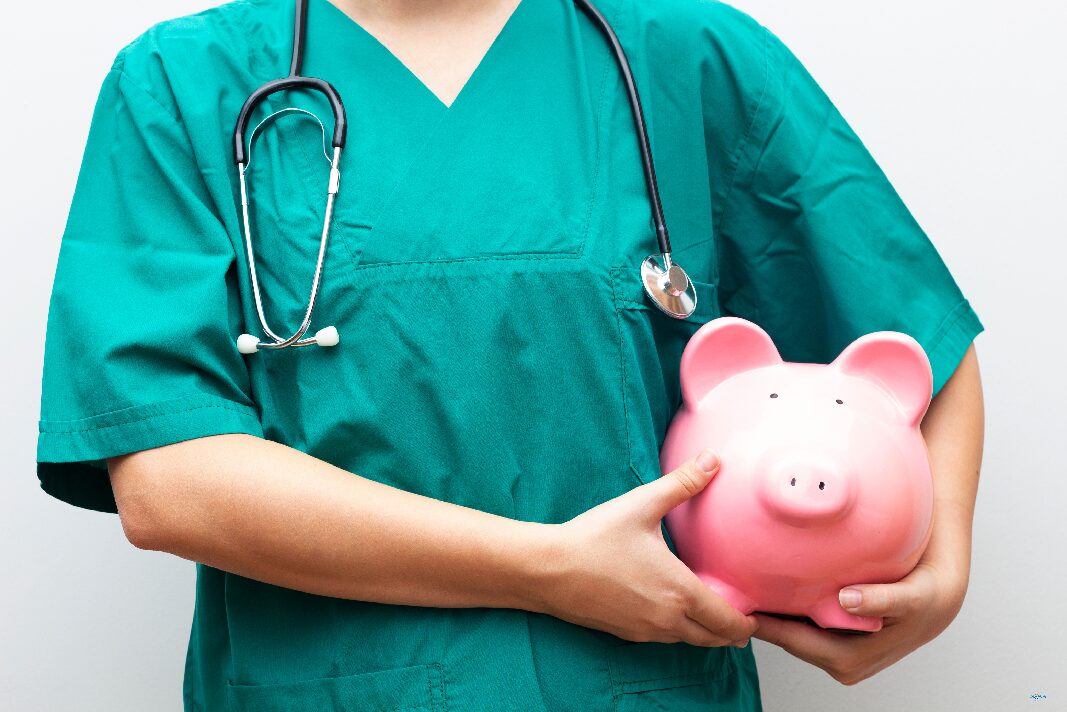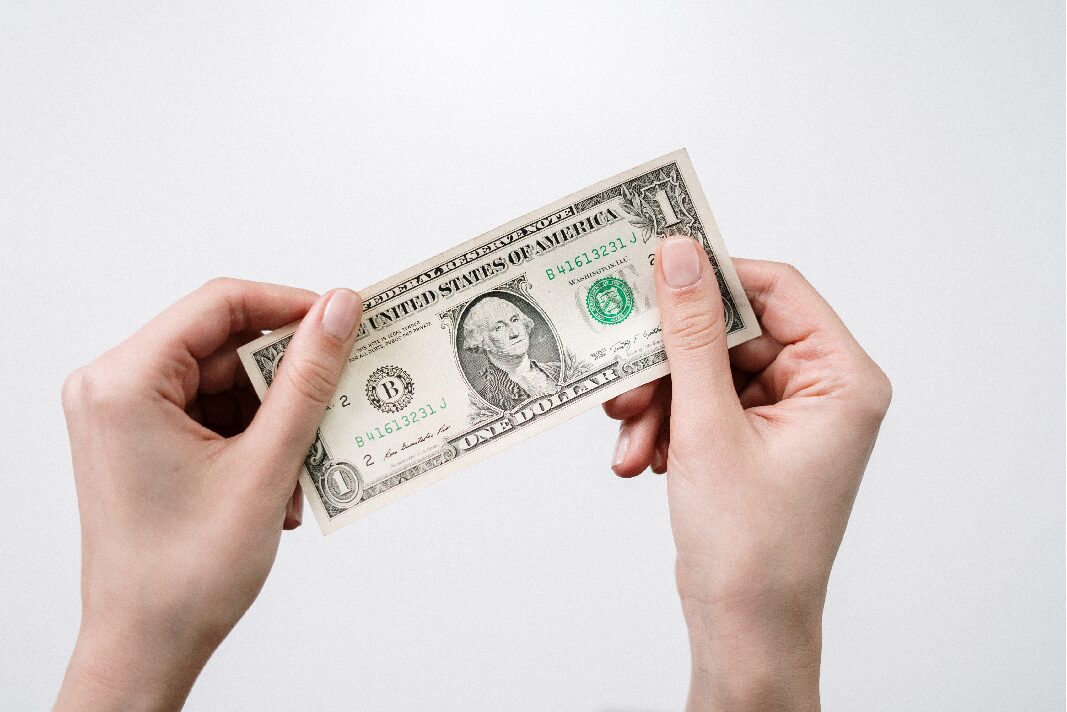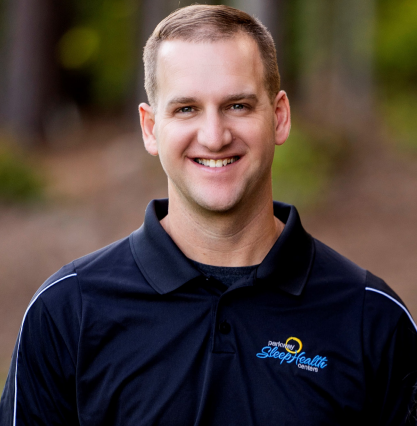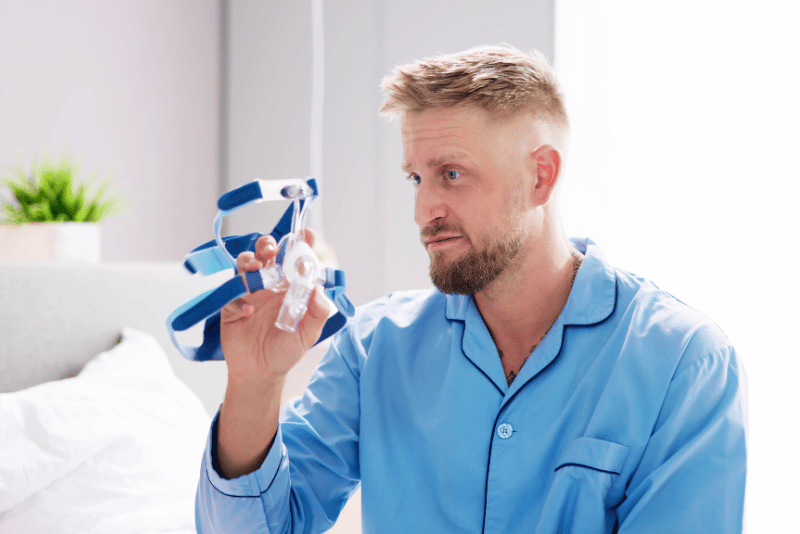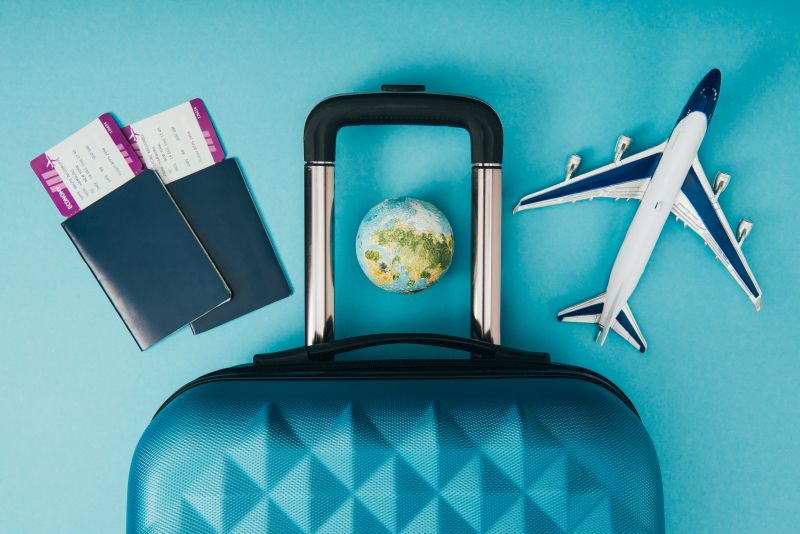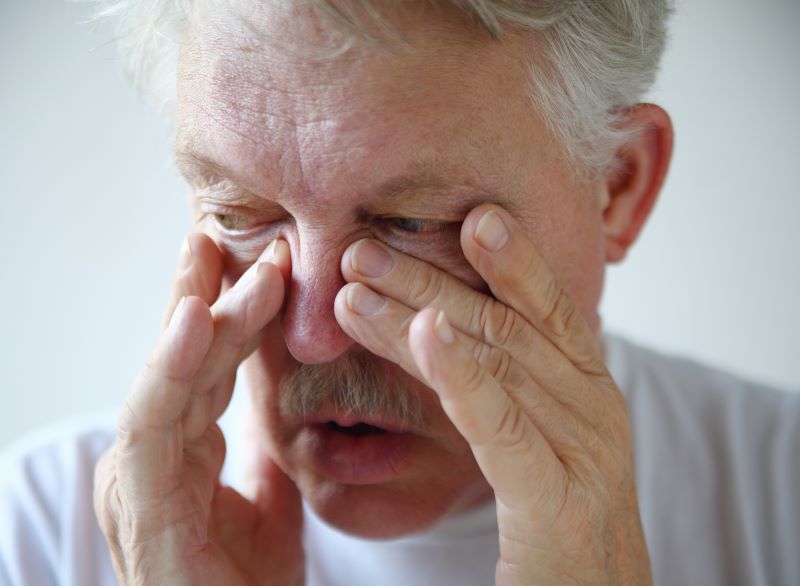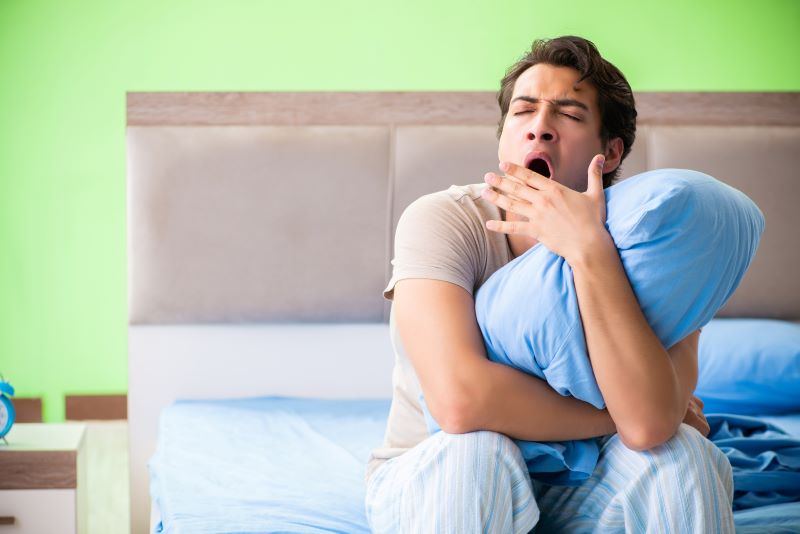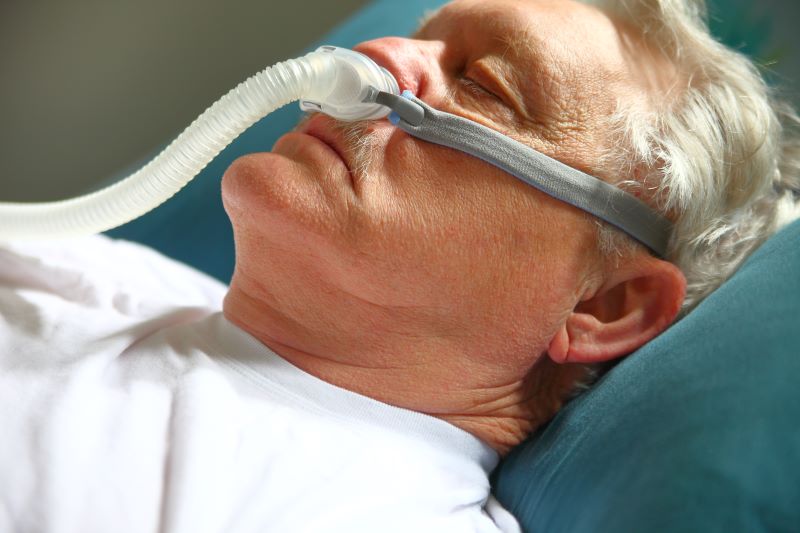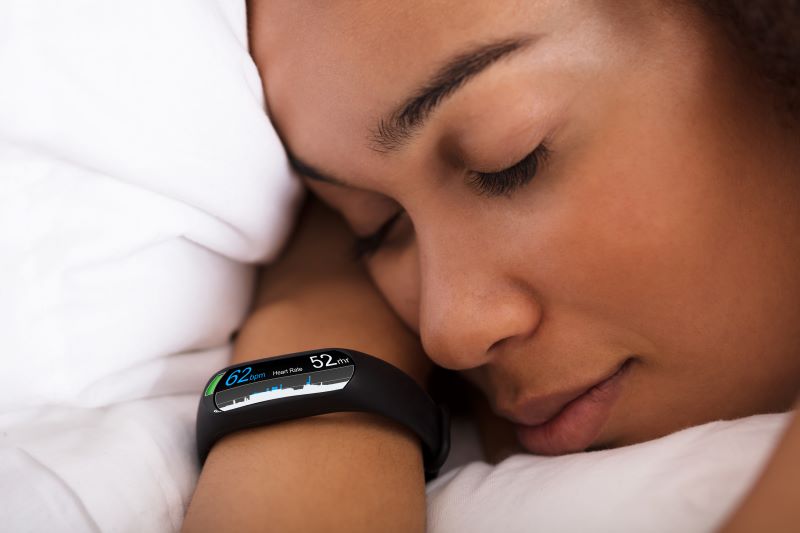“How much does a home sleep test cost?” is one of the most common questions we hear from our patients here at Parkway Sleep. And it makes perfect sense—when you’re trying to get answers about your sleep health, you also want clarity around cost.
The short answer? At Parkway Sleep, a home sleep test typically ranges from $0 to around $500.
But of course, that’s just the tip of the iceberg. The actual cost can vary depending on a few important factors, including your insurance coverage, whether you’re self-paying, your location, and your specific benefits if you’re using insurance.
So let’s walk through those factors in more detail so you can better understand what to expect—and feel more confident about taking the next step toward better sleep.
What Is a Home Sleep Test?
Before we talk dollars and cents, let’s take a quick look at what a home sleep test actually is. A home sleep test (HST) is a simplified version of an overnight sleep study that can be done from the comfort of your own bed. These tests are typically used to screen for obstructive sleep apnea (OSA) and involve wearing a portable device that measures your breathing, oxygen levels, heart rate, and airflow overnight.
Home sleep tests are best for patients with moderate to high risk for OSA and no other major medical issues. If you’ve been snoring loudly, feeling exhausted during the day, or waking up gasping for air, a home sleep test may be a smart and convenient first step toward diagnosis.
So, How Much Does a Home Sleep Test Cost at Parkway Sleep?
At Parkway Sleep, our patients typically pay between $0 and $500 for a home sleep study. Why the range? Because pricing depends on several variables, including:
-
Whether or not you have insurance
-
The type of insurance plan you have
-
How much of your deductible has been met
-
Whether your plan requires co-insurance or co-pays
-
Whether you’re choosing to self-pay
Let’s break those down so you know exactly what to expect.
1. Location Matters
Although this article is specifically about Parkway Sleep, it’s important to note that where you choose to have your sleep test can impact the cost. Sleep centers and hospitals all bill differently, and their contracts with insurance companies may vary.
For example, a hospital-affiliated sleep center may have higher overhead and facility fees, which can increase the price of both in-lab and home-based sleep studies. At Parkway Sleep, our mission has always been to provide high-quality, affordable care in a setting that’s convenient and patient-centered.
If you’re comparing options, we recommend asking upfront whether a provider is in-network with your insurance and requesting a detailed cost estimate before moving forward.
2. Insurance vs. Self-Pay
One of the biggest determinants of cost is whether or not you have health insurance.
If you’re using insurance, the home sleep test might be fully covered, partially covered, or applied to your deductible, depending on your plan.
If you don’t have insurance you can opt for self-pay pricing. At Parkway Sleep, we offer competitive self-pay rates for home sleep tests, typically around $350 to $500, which includes the test itself and interpretation by a board-certified sleep specialist. However, the cost does not include an office visit or telehealth visit to go over the results with a physician or physician assistant. This is a separate, billable appointment, if you choose to move forward with an office visit or telehealth visit to go over results, next steps, and treatment options.
We believe in transparent pricing and are always happy to provide a cost breakdown before you commit to anything.
3. Your Specific Insurance Benefits
Even if you have insurance, your individual plan plays a huge role in how much you’ll owe.
Some plans cover home sleep testing at 100%, which means you’ll pay nothing out of pocket. Others may require:
-
A co-pay (a flat fee, such as $50 or $100)
-
That you meet a deductible before coverage kicks in
-
Co-insurance, where you pay a percentage of the test cost (e.g., 20%)
This is why we strongly encourage patients to share their insurance information with us during the scheduling process. At Parkway Sleep, our team will verify your benefits with your insurance provider, so we can give you an accurate cost estimate based on:
-
How much of your deductible has been met
-
Whether your out-of-pocket maximum is close to being reached
-
What co-pays or co-insurance apply
This personalized estimate takes the guesswork out of the process—and can save you from unexpected bills later on.
4. Is a Home Sleep Test Right for You?
A home sleep test is an excellent diagnostic tool for many people, especially those with symptoms of obstructive sleep apnea like:
-
Loud, frequent snoring
-
Daytime fatigue
-
Trouble staying asleep
-
Morning headaches
-
Waking up gasping or choking
That said, home tests aren’t right for everyone. They don’t screen for other sleep disorders like narcolepsy, restless leg syndrome, or parasomnias, and they may not be ideal for people with complex medical histories or other respiratory issues. Home sleep tests are not intended or approved for pediatric patients (patients under the age of 18).
If you’re unsure whether you need a home test or an in-lab sleep study, we recommend scheduling a consultation with one of our providers to determine the best approach. We’ll consider your symptoms, medical history, and lifestyle to help guide you to the right choice.
👉 Schedule an appointment here.
What’s Included in a Parkway Home Sleep Test?
When you book a home sleep test through Parkway, you’re not just getting a device—you’re getting an end-to-end sleep evaluation experience, including:
-
The home sleep testing unit shipped or provided to you in office
-
Instructions on how to use the equipment
-
Support during your testing night in case of issues
-
A comprehensive report interpreted by a board-certified sleep physician
We’ve streamlined the process so that you can get answers quickly—usually within a week or so, not months.
Why Choose Parkway Sleep?
Parkway Sleep has proudly served the people of North Carolina for over 20 years, providing expert care with a personal touch. We specialize in diagnosing and treating sleep disorders like sleep apnea, insomnia, and restless leg syndrome (and others) through a patient-first approach that blends clinical excellence with genuine compassion.
We understand that dealing with sleep issues can be frustrating, confusing, and even a little scary. That’s why we’re here to walk alongside you—from that first phone call to your final treatment plan.
Still Have Questions?
If you’re considering a home sleep test and want to know more about your specific cost, we invite you to reach out to our team. We’ll review your insurance, answer your questions, and help you get scheduled—often within just a few days.
📞 Call us at 919-462-8081
💬 Or email us at info@parkwaysleep.com
_______________________________________________________
Parkway SleepHealth Centers
Proudly serving North Carolina for over 20 years.
Better sleep starts here.
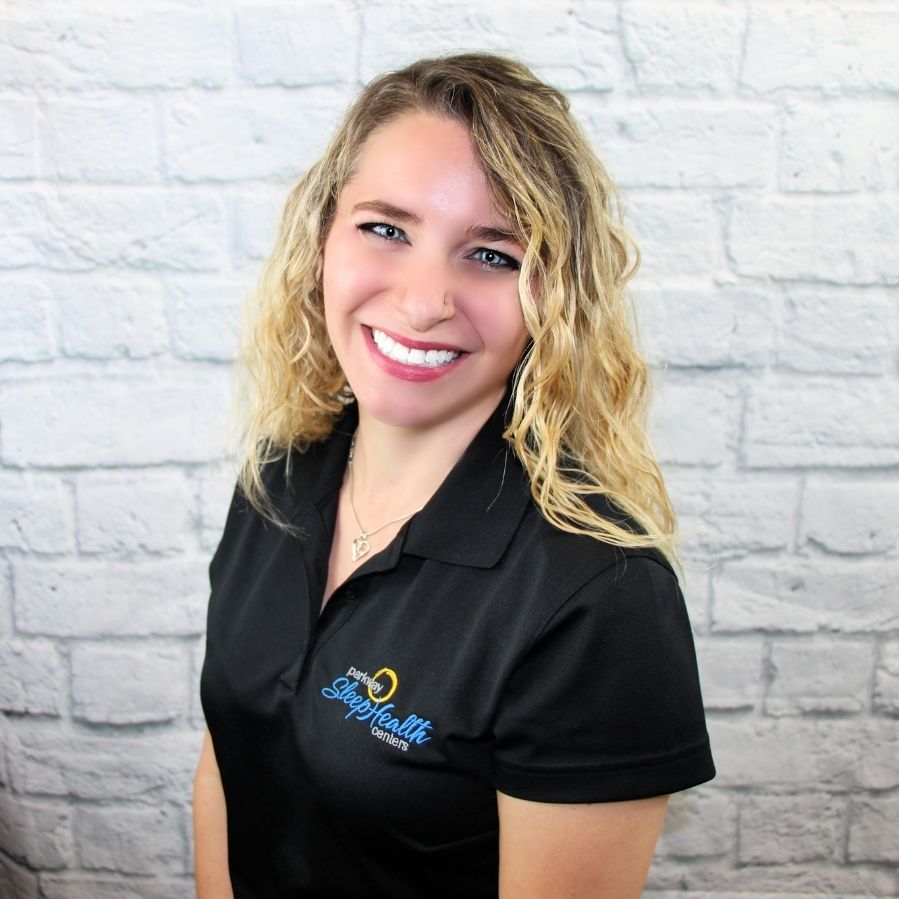
General Manager of Parkway SleepHealth Centers


